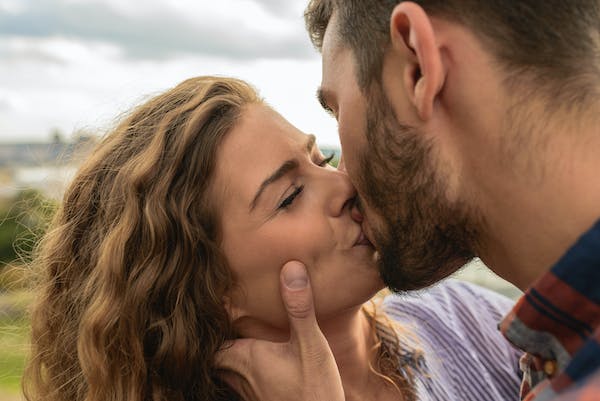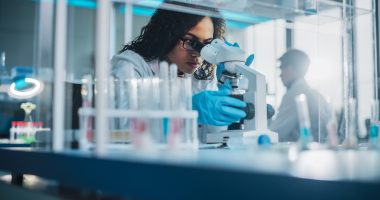Is kissing safe health-wise? Kissing is a universal expression of love, affection, and intimacy. It has been practiced by humans for centuries and is an essential part of most romantic relationships. However, with the emergence of various infectious diseases, the safety of kissing has been brought into question.
Is kissing safe health-wise?
Kissing is generally safe from a health perspective. However, it is important to note that some diseases can be spread through kissing, such as cold sores, which are caused by the herpes simplex virus. Additionally, if one person has an active infection such as a cold or flu, kissing can increase the likelihood of spreading the illness to the other person.
It is also important to consider that some infections, such as COVID-19, can be transmitted through close contact, including kissing. Therefore, it is recommended to practice good hygiene and follow public health guidelines to reduce the risk of infection transmission. This may include wearing a mask, washing hands frequently, and avoiding close contact with others when feeling ill.
In summary, while kissing is generally safe, it is important to be mindful of potential risks and take appropriate precautions to protect yourself and others.
Health benefits of kissing
Kissing has numerous health benefits, both physical and psychological. It is known to reduce stress, anxiety, and depression by releasing feel-good hormones like oxytocin, dopamine, and serotonin. Kissing also boosts the immune system by increasing the production of antibodies and stimulating the body’s natural defense mechanisms. It improves cardiovascular health by lowering blood pressure, increasing heart rate, and improving circulation. Additionally, kissing is an effective pain reliever, as it stimulates the release of endorphins, which act as natural painkillers.
Health risks of kissing
Despite the health benefits, kissing also carries some health risks. One of the most common risks is the transmission of infectious diseases, such as colds, flu, mononucleosis, herpes, and even COVID-19. Other risks include the transmission of bacteria that can cause gum disease and tooth decay, as well as the development of canker sores and other oral infections.
Transmission of diseases through kissing
Kissing is an intimate act that involves the exchange of saliva, which is a bodily fluid that can contain viruses, bacteria, and other microorganisms. When a person kisses someone who is infected with a disease, they may contract the infection through the exchange of saliva. This is especially true for diseases that are transmitted through the respiratory system, such as colds, flu, and COVID-19. Additionally, herpes and other sexually transmitted infections (STIs) can be transmitted through kissing, as they can be present in saliva and other bodily fluids.
COVID-19 and kissing
With the COVID-19 pandemic, kissing has become a high-risk activity. The virus can be transmitted through respiratory droplets that are released when an infected person coughs, sneezes, or talks. When a person kisses someone who is infected with COVID-19, they may contract the virus through the exchange of saliva. This is why health experts advise against kissing or engaging in any other close contact with people outside your household during the pandemic.
Precautions for safe kissing
To reduce the risk of contracting infectious diseases through kissing, it is important to take certain precautions. These include:
- Avoid kissing people who are sick or showing symptoms of illness
- Practice good oral hygiene by brushing your teeth and tongue regularly and using mouthwash
- Avoid sharing drinks, utensils, or other personal items that come into contact with the mouth
- Use condoms or dental dams to protect against STIs
- Get vaccinated against diseases like flu and COVID-19 Source
Also read | 15 infections you can catch through kissing









